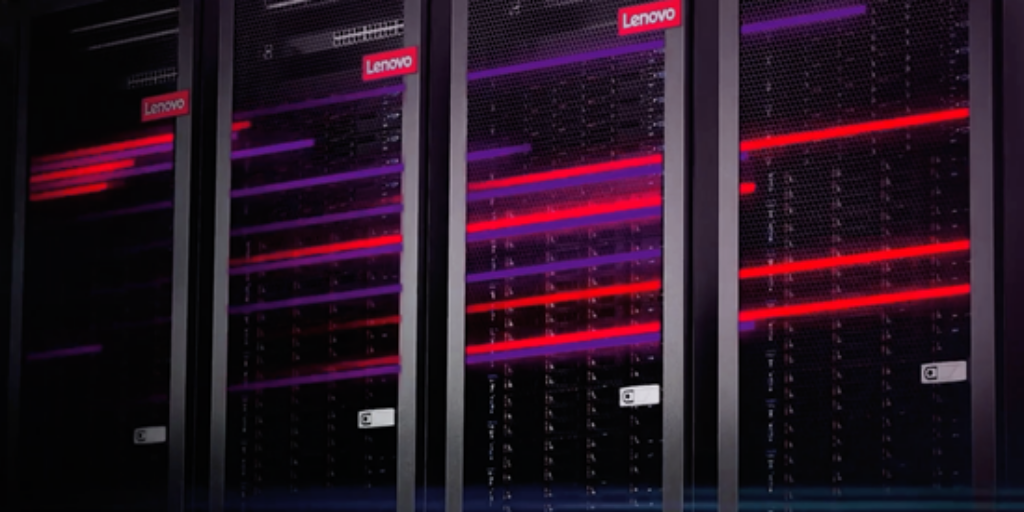Dave Turek from IBM gave this talk at the Swiss HPC Conference. “There is a shift underway where HPC is beginning to be addressed with novel techniques and technologies including cognitive and analytic approaches to HPC problems and the arrival of the first quantum systems. This talk will showcase how IBM is merging cognitive, analytics, and quantum with classic simulation and modeling to create a new path for computational science.”
The Transformation of HPC: Simulation and Cognitive Methods in the Era of Big Data
The Computer That Could Be Smarter than Us – Cognitive Computing
Ingolf Wittmann from IBM presented this talk for the Switzerland HPC Conference. “This presentation will point out based on real examples how HPC environments can benefit from such solutions and technologies to drive cognitive solutions, machine/deep learning where we can ask ourselves, ‘What will be possible in the near future – can the future computers be smarter than humans?”
Visionary Perspective: Foundations of Cognitive Computing
Costas Bekas from IBM Research Zurich presented this talk at the Switzerland HPC Conference. “IBM Research builds applications that enable humans to collaborate with powerful AI technologies to discover, analyze and tackle the world’s greatest challenges. Humans are on the cusp of augmenting their lives in extraordinary ways with AI. At IBM Research Labs around the globe, we envision and develop next-generation systems that work side-by side with humans, accelerating our ability to create, learn, make decisions and think.”
Video: Computing of the Future
Jeffrey Welser from IBM Research Almaden presented this talk at the Stanford HPC Conference. “Whether exploring new technical capabilities, collaborating on ethical practices or applying Watson technology to cancer research, financial decision-making, oil exploration or educational toys, IBM Research is shaping the future of AI.”
Video: SC16 Keynote Katharine Frase on Cognitive Computing
“Watson and cognitive computing in general can serve significantly in every single arena in which we grapple with multi-layered, data-intensive problems: how to best treat cancers; how to adapt to conditions brought about by climate change; how to quickly and effectively harness new kinds of sustainable energy; how to untangle intractable governmental or community development challenges,” Frase stated. “Now more than ever, visionary thinking will drive an endless and transformative array of applications for Watson and cognitive computing in general, along with whatever comes next.”
SC16 to Showcase Latest Advances in HPC
SC16 returns to Salt Lake City on Nov. 13-18. The Six-day supercomputing event features internationally-known expert speakers, cutting-edge workshops and sessions, a non-stop student competition, the world’s largest supercomputing exhibition,panel discussions and much more. “No other annual event showcases the revolutionary advances and possibilities of high performance computing than the annual ACM/IEEE International Conference for High Performance Computing, Networking, Data Storage Analysis. From the impact of HPC on the future of medicine, to its transformative power in developing countries and “smart cities.” SC is the premiere venue for presenting leading-edge HPC research.”
Video: What is Driving Heterogeneity in HPC?
Wen-mei Hwu from the University of Illinois at Urbana-Champaign presented this talk at the Blue Waters Symposium. “In the 21st Century, we are able to understand, design, and create what we can compute. Computational models are allowing us to see even farther, going back and forth in time, learn better, test hypothesis that cannot be verified any other way, and create safe artificial processes.”
Radio Free HPC Looks at Machine Learning and Data Locality
Is Machine Learning more of a Data Movement problem than a Processing problem? In this podcast, the Radio Free HPC team looks at use cases for Machine Learning where data locality is critical for performance. “Most of the Machine Learning hearing stories we hear involve a central data repository. Henry says he is not hearing enough about how Machine Learning is going to deal with the problem of massive data streams from things like sensors. Such data, he contends, will have to be processed at the source.”
SC16 Keynote to Focus on Cognitive Computing
Today SC16 announced that Katharine Frase has been selected as the SC16 Keynote Speaker. “We are thrilled to have such an experienced pioneer and leader address pressing issues across so many industry fronts,” says John West, SC16 General Chair from the Texas Advanced Computing Center. “Her discussion will be thought-provoking to everyone in the room – from industry veterans to those new to the field.”
Raj Hazra Presents: Driving to Exascale
Raj Hazra presented this talk at ISC 2016. “As part of the company’s launch of the Intel Xeon Phi processor, Hazra describes how how cognitive computing and HPC are going to work together. “Intel will introduce and showcase a range of new technologies helping to fuel the path to deeper insight and HPC’s next frontier. Among this year’s new products is the Intel Xeon Phi processor. Intel’s first bootable host processor is specifically designed for highly parallel workloads. It is also the first to integrate both memory and fabric technologies. A bootable x86 CPU, the Intel Xeon Phi processor offers greater scalability and is capable of handling a wider variety of workloads and configurations than accelerator products.”













